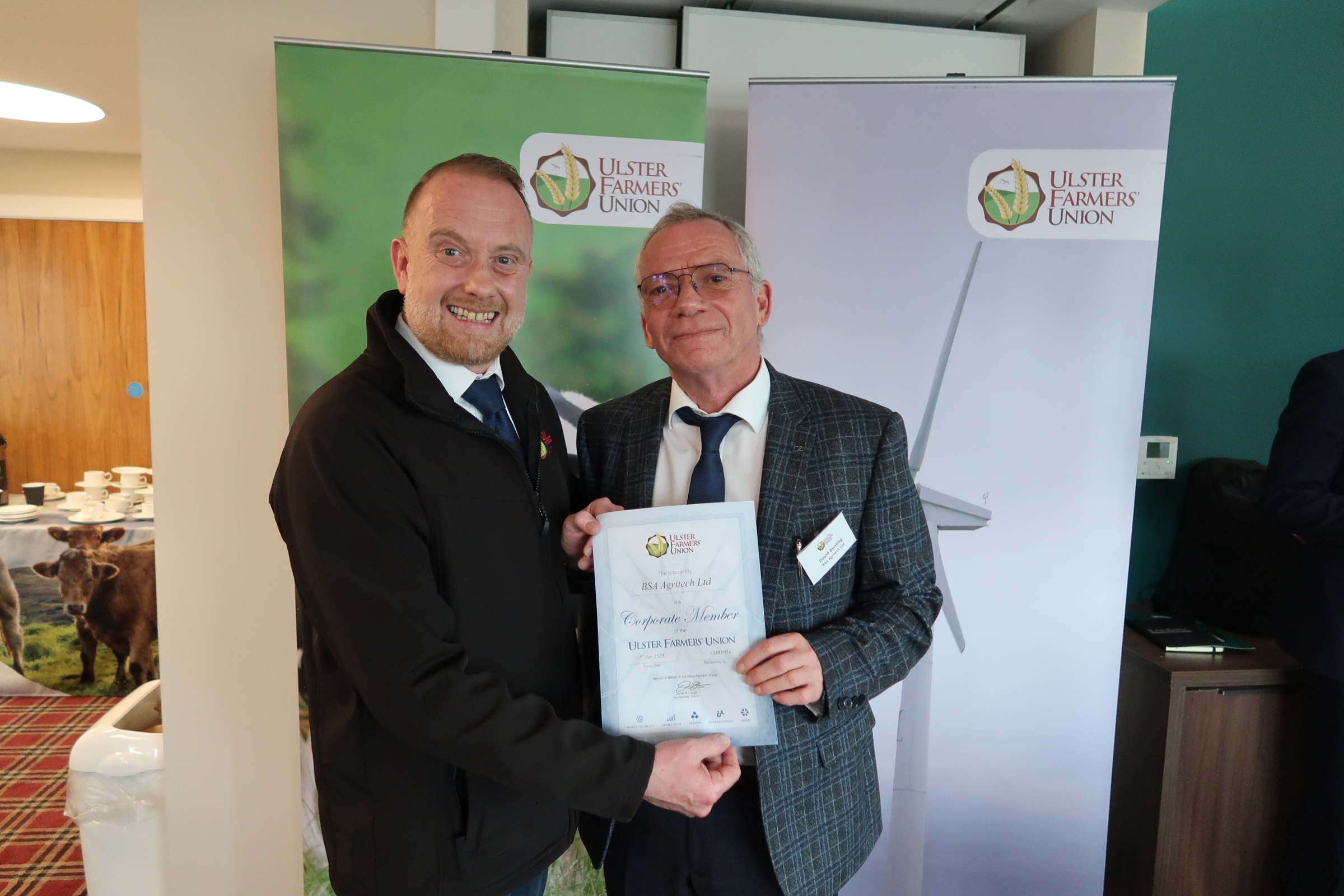Commodity Watch – UFU call for more realistic Grace Periods as we approach the end of NIROs
The UFU responded to a Department of Enterprise Trade and Investment (DETI) Consultation on Grace Periods which will apply when Northern Ireland Renewable Obligations (NIROs) end on 31 March 2017. In our response we repeated our calls for continued support for Small Scale Renewables as well as proposing that the proposed Grace Periods to be extended to take into consideration the still unresolved structural problems with the local electricity grid.
As far back as early 2012, the UFU set out its reservations at the ending NIRO support for small scale renewables, stating that the sector was still in its infancy and many structural barriers to their uptake would mean that this change could halt the progress in establishing a sustainable small scale renewables industry in Northern Ireland. We stressed the need for a continued support for small scale renewables and any grace period should ensure a seamless transition from NIRO to its replacement, whatever that may be.
As it has panned out over the last 3 years, the grid connection application process has been riddled with problems and today in mid-2015 we have a situation where there are at least 400 grid connections applications (those which were once subject to “conditional offers”) in a state of limbo. This backlog only stands a chance of being cleared if progress is made in relation to the NIE-led Project 40 (managed non-firm grid connection). Project 40 may not see the light of day until late 2016/early 2017 at the earliest.
DETI proposal – “12 month grace period to address radar and grid connection delays, where the project was scheduled to commission on or prior to 31 March 2017”.
UFU Response – Grid connection delivery timescales for small scale renewables are getting longer with some being quoted as long as 2 years to get connected. In light of this the UFU opinion is that 12 months grace period is too short. DETI should consider an18 month grace period at the very minimum, in light of the evidence that we have detailed above. In addition, the UFU would wish to see Grace Period applied to G83 applications.
DETI proposal – Radar and Grid Connection delays which impact upon a connection application and set out the Grace Period eligibility criteria; “Letter from the Network operator (NIE) confirming that the grid connection was made after the grid connection date and that in their opinion, failure to make the grid connection on or before 31 March 2017, was not due any breach of the agreement by the generator/developer” and “Developer must provide evidence of a grid connection offer and acceptance of that offer, both dated no longer than 31st March 2017”.
UFU Response – NIE does not provide the connection date in the initial connection offer. In fact when the final offer is completed and sent to the generator, they are only given 28 days to pay the final balance and only then do they know the connection date. Instead, the eligibility criteria should be that the project has an accepted connection offer by 31 March 2017, with a stipulation that the project should be operational by the end of the agreed grace period.
In GB, a Grace Period of 18-months is offered for dedicated biomass with CHP projects. The UFU would make the case that by the same logic this should applied to all renewable projects in Northern Ireland. Grid connection problems (the 400 outstanding grid applications) and the volume of applications which will materialise in the run up to 31 March 2017 will put a strain on an already under pressure NIE. An extension to the Grace Period will go some way to relieving this pressure and ensure as many small scale renewable generators get connected to the grid as possible.




